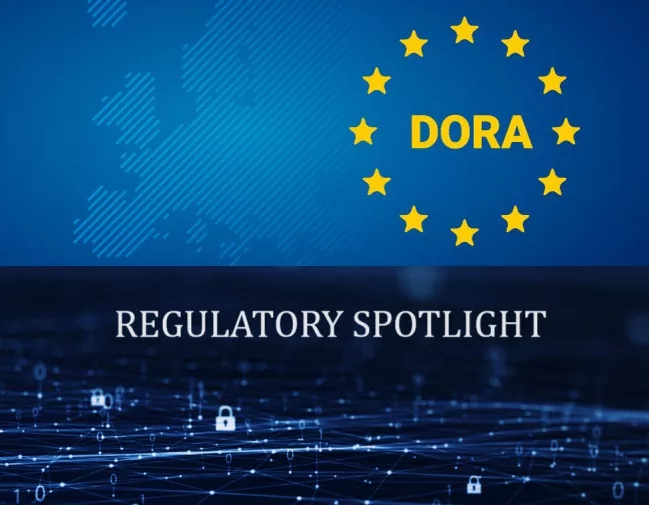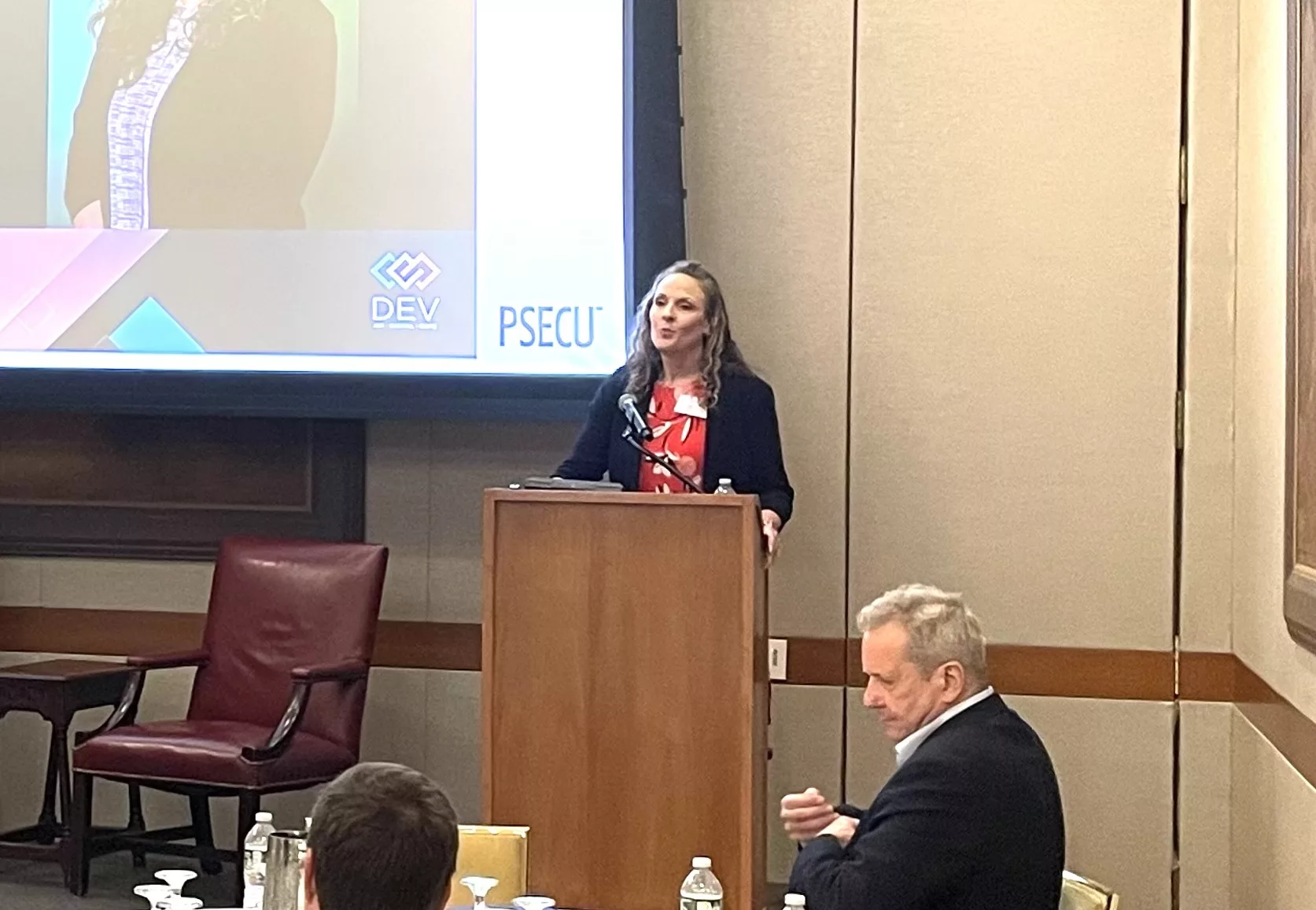Antithesis has raised $47 million in fresh funding to give its software testing platform a capital injection.
The funds will also be used to further develop its debugging tool and speed up the firm’s go-to-market strategy, the company stated. So far, the company’s tools have not been released yet.
The $47 million raise was led by Amplify Partners, Tamarack Global Technologies and First In Ventures, including its angel investors Michael Walrath, Founder of Right Media and Howard Lerman, Founder of Yext and Roam.
“Antithesis’ model of autonomous testing will be especially important as we increasingly rely on AI and LLM tools for code generation,” said Lenny Pruss, general partner at Amplify Partners.
“There are endless possibilities, and we’re excited to be partnering with a company working on such cutting-edge technology,” she added.
‘Robust’ testing approach
Antithesis, which was founded in 2018, replicated the success of FoundationDB, where most founders came from, by improving and maturing its testing approach.
Antithesis client base includes MongoDB, Palantir Technologies and the Ethereum Foundation.
FoundationNB, a distributed database acquired by Apple in 2015 underpins these days Apple’s cloud infrastructure.
However, Will Wilson, co-founder and CEO of Antithesis, together with the other founders, took a more rigorous approach by developing a testing model suitable for other large and software-enhanced companies.
In fact, Wilson claims Antithesis is currently the only commercially available system of its kind for general software testing.
“Our goal is to increase the reliability of software systems in the most efficient way so that the organisations we partner with can focus on growth and innovation rather than wasting valuable time and energy on testing and debugging,” Wilson explained.
While most software testing relies heavily if not entirely on developers manually creating their own testing models, Antithesis says its platform continuously scans new software additions that under development for flaws and bugs, thereby able to reproduce debugging data for each bug it identifies.
This approach is much less time-consuming and thereby not running the risks it may miss bugs in execution paths that were added or generated at a later stage, as bugs on unanticipated paths are usually missed.
ALSO READ







